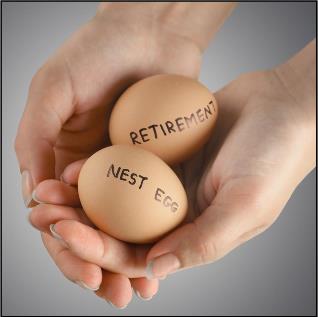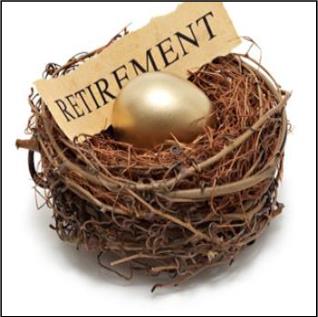Should Retirees Be Worried?
Market volatility is an historic inevitability; as a long-term investor, you are likely to experience years of volatile or negative portfolio growth. If volatility coincides with your retirement, you might be worried about how it may affect your savings and income.









